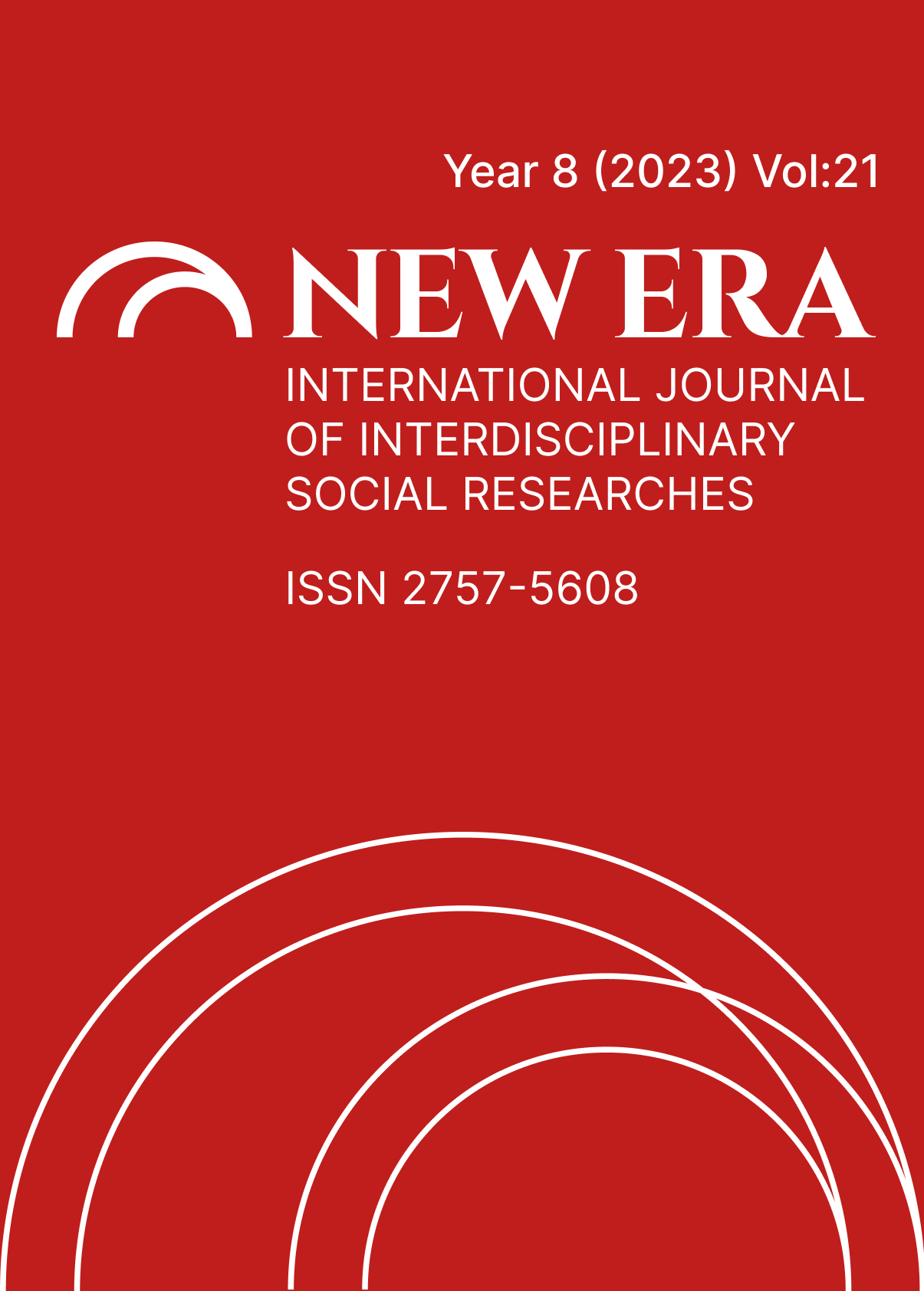METHODS OF STUDYING THE CRIMINAL MIND IN PETER CAREY’S JACK MAGGS: MESMERIC SÉANCE AND MAGNETISM
DOI:
https://doi.org/10.5281/zenodo.10421241%20Keywords:
Peter Carey, Jack Maggs, Neo-Victorianism, postmodern rewriting, metafictional narrativeAbstract
Abstract
The empowering of the othered subject is achieved through a multidimensional and ambiguous process in which the physical traits of the individual play as an import role in the construction of this image as the mental strength that takes its roots from an indomitable willpower to assert his truth and a determination to claim his rights in the Motherland. The context of the narrative includes exile as a sentence to be rejected by the convict, his turn back as an empowered citizen claiming his rights, and since it is impossible to achieve this aim, he uses a substitute and becomes the benefactor of an orphan, Henry Phipps (who is the equivalent of Pip in Dickens’ Great Expectations), to raise him as a gentleman, fulfill his destiny and take his revenge in return. The complexity of this plan reveals the rigidity and strictness of the system of justice of the 19th century, prone to export the criminals growing in number to the colonies to an unknown future, some of them never to return to their native land. The scale and impact of the punishment lies in the irreversible nature of it, which does not take any possibility of improvement into consideration. The constructive side of the native land lies in its culture and system as well as its territoriality, leaving its imprints on the sense of belonging with valuable memories of a personal history. The dramatic influence on the character Jack Maggs and his endlessly growing will to empower himself to transfer it to Henry Phipps is his definition of the only form of retribution for the seemingly unjust scale of capital punishment imposed on him.
References
References
Carey, Peter. Jack Maggs. New York: Vintage, 1999.
Heidegger, Martin. Being and Time. Oxford: Blackwell, 1962.
---. The Basic Problems of Phenomenology. Bloomington: Indiana UP, 1982.
Husserl, Edmund. Cartesian Meditations. Trans. Dorion Cairns. The Hague: Martinus Nijhoff, 1970.
---. Ideas Pertaining to a Pure Phenomenology and to a Phenomenological Philosophy I. Trans. F. Kersten. The Hague: Martinus Nijhoff, 1970.
---. Ideas Pertaining to a Pure Phenomenology and to a Phenomenological Philosophy II. Trans. R. Rojcewicz and A. Schuwer. Dordrecht: Kluwer, 1989.
---. The Idea of Phenomenology. The Hague: Martinus Nijhoff, 1970.
Joyce, Simon. “The Victorians in the Rearview Mirror.” Functions of Victorian Culture at the Present Time. Ed. Christine L. Krueger. Ohio: Ohio UP, 2002. 3-18.
Kohlke, Marie-Luise. “Introduction: Speculations in and on the Neo-Victorian Encounter.” Neo-Victorian Studies 1:1 (Autumn 2008): 1-18.
Kucich, John, and Dianne F. Sadoff, eds. Victorian Afterlife: Postmodern Culture Rewrites the Nineteenth Century. Minneapolis: U of Minnesota P, 2000.
Llewellyn, Mark. “What is Neo-Victorian Studies?” Neo-Victorian Studies 1:1 (Autumn 2008): 164-185.
Merleau-Ponty, Maurice. Phenomenology of Perception. Trans. Colin Smith. London: Routledge, 2005.
Rodensky, Lisa. The Crime in Mind: Criminal Responsibility and the Victorian Novel. Oxford: Oxford UP, 2003.
Shiller, Dana. “The Redemptive Past in the Neo-Victorian Novel.” Studies in the Novel 29.4 (1997): 538-60. JSTOR.
Downloads
Published
How to Cite
Issue
Section
License
Copyright (c) 2023 NEW ERA INTERNATIONAL JOURNAL OF INTERDISCIPLINARY SOCIAL RESEARCHES

This work is licensed under a Creative Commons Attribution-NonCommercial 4.0 International License.


